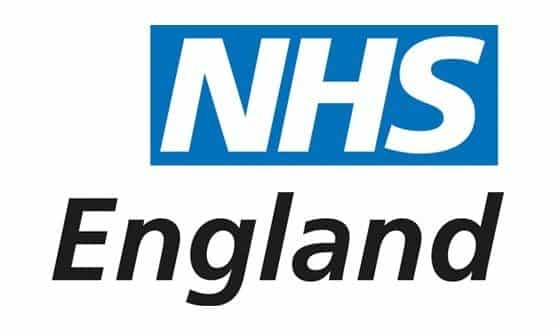Pharmacists demand patient record access
- 2 October 2015

Community pharmacists in the UK should have read and write access to full electronic records for their patients, says the Royal Pharmaceutical Society in a new campaign.
The RPS is calling for a staged development that will eventually see all community pharmacists able to see a single online patient record with all relevant details, and be able to update this record based on their interactions with the patient, provided the patient gives consent.
Speaking at the Healthcare Efficiency Through Technology event in London, chair of the RPS English Pharmacy Board Sandra Gidley said that as a result the care patients receive would be “more holistic” and safety would be improved.
“How can you make a decision about people when you haven’t got the full picture? By having access to records we can reduce medicine related errors that contribute to unplanned admission to hospital,” she said.
“The NHS spends a huge amount of money on medicines. It makes sense that the GP, the hospital consultant, the pharmacist and the patient knows what's going on.”
Earlier this year community pharmacists were given access to the patients’ NHS Summary Care Record, a set of key information – allergies, medications and adverse reactions – that is held on the NHS Spine.
Roll out is due to start this month backed by £7.5 million of investment in training following a pilot at 140 sites.
Gidley said this was just the first step in a four phase process. Phase two will see pharmacists get access to any extra information added to the SCR, such as discharge summaries.
“The system isn’t as joined up as it should be and many problems happen when a patient transfers from one care setting to another,” she explained.
“So we need to make sure, for example, that someone with new medicines needs to stop taking old ones when the pharmacist talks to them. And we need to make sure the GP also reads the summary and prescribes the new medicines rather than the old.”
The third phase is to have pharmacists begin to be able to write to the record, such as updating it after giving someone a flu vaccination. The fourth phase is full read and write access to the full record.
The RPS has reported patient support for the proposal during focus groups in Scotland.
The campaign has also received backing from the Royal College of General Practitioners.
Professor Nigel Mathers, honorary secretary at the RCGP said: “Pharmacists – like GPs – are highly trusted healthcare professionals and this move could further foster a more personalised pharmacist-patient relationship, and has the potential to improve the overall patient experience.
“There are also potential patient-safety benefits as giving pharmacists access to relevant information will help them give advice to patients based on accurate medical and drug history.”
James Wood, superintendent pharmacist and director at Associated Chemists in Sheffield was involved in one of the pilot sites for SCR use.
He said that having access to this information had improved care as the pharmacist could confirm the medications and allergies for people during out-of-office hours for GP practices.
He added that 45% of the times where the pharmacist had access to the SCR for the patients, they did not need to be referred to another healthcare professional.




